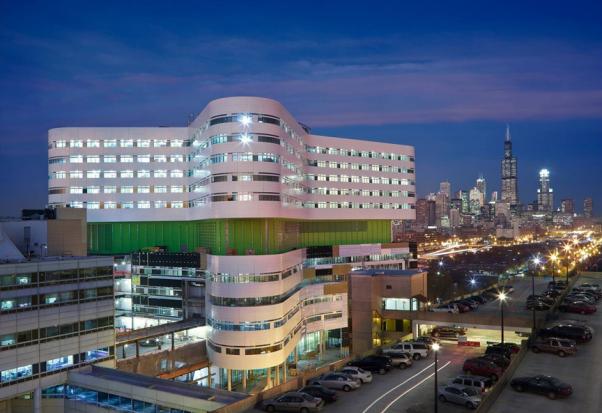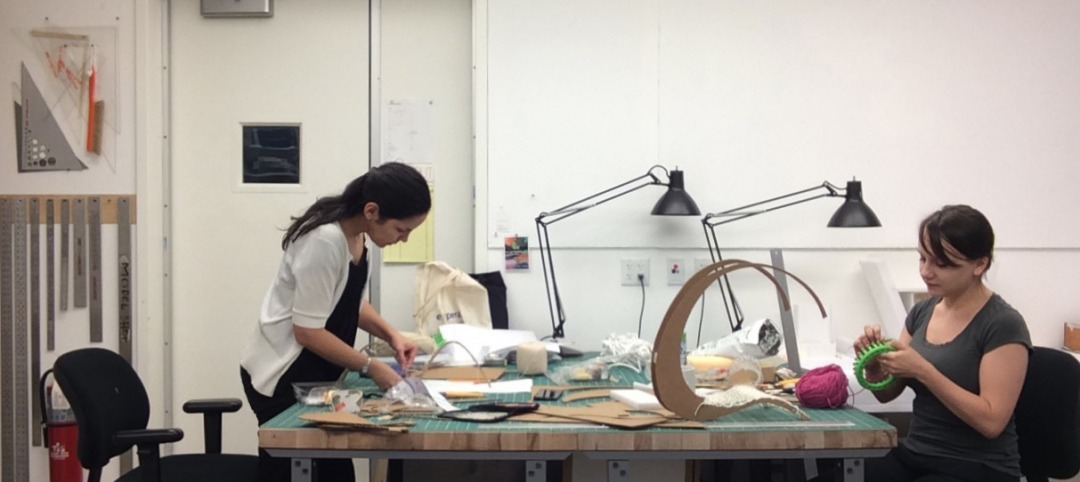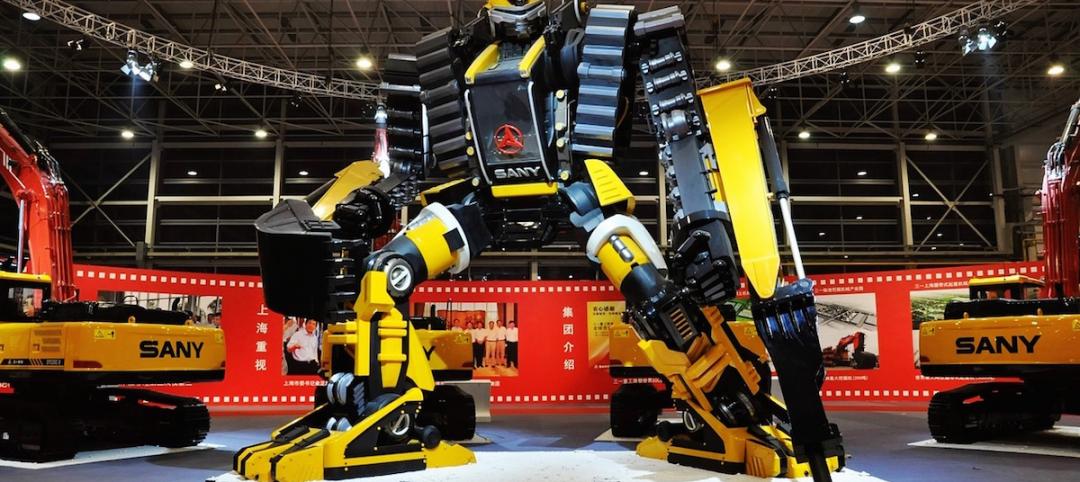The deadline for the 2013 Building Team Awards has been extended to Friday, March 22. The competition is open to new construction projects that were completed on or after January 1, 2012. Click here for entry information.
Winning a 2013 BTA will offer your firm a host of benefits. Here are a few no-brainer reasons to submit your best work:
1. Show off your creative solutions. The Building Team Awards is the industry's only new construction awards program that honors both the successful collaboration of the Building Team (architects, contractors, engineers, owner, etc.) and the design/construction excellence of the project. We focus on the problem-solving and creative solutions by the team, not just one member of the team.
2. Get showcased in BD+C and at the AIA show. The winners will be featured prominently in the June 2013 issue of Building Design+Construction, which will be distributed at the AIA National Convention in Denver.
3. Win more business. Thirty-seven percent of our 72,142 readers are decision makers at prominent Building Owner firms. That equates to more than 26,000 loyal BD+C readers who could be your next clients. The BTAs are a great way to showcase your work and team collaboration to thousands of potential clients.
4. Feature your work in a future issue of BD+C. The editors often use the BTA submissions (whether they're winners or not) as the basis for articles in the magazine and on BDCnetwork. It could be a creative structural solution or an innovative construction approach or a novel architectural design. We're always looking for great ideas.
The final deadline for submissions is Friday, March 22, 2013.
Download the entry form at: http://www.bdcnetwork.com/2013-building-team-awards-call-entries
Don't hesitate to reach out with any questions. dbarista@sgcmail.com.
More from Author
David Barista | Aug 15, 2019
3 ‘Giant’ AEC market trends for 2019-2020
We’re starting to see a shift toward custom research, thanks in part to the influx of data, data tools, and analytics expertise in the AEC market.
David Barista | Jul 31, 2019
Amenities war no more? Research report explores multifamily market
Multifamily developers show no signs of pulling back on specialty spaces and unique offerings in an effort to attract high-quality tenants, according to new research from Multifamily Design+Construction.
David Barista | Dec 30, 2016
An open letter to the AEC C-suite
Women AEC professionals need you to take action.
David Barista | Sep 6, 2016
Innovation intervention: How AEC firms are driving growth through R&D programs
AEC firms are taking a page from the tech industry, by infusing a deep commitment to innovation and disruption into their cultural DNA.
David Barista | Jun 27, 2016
If ‘only the paranoid survive,’ what does it take to thrive?
“Sooner or later, something fundamental in your business world will change.” The late Andrew Grove (1936-2016), Co-founder of tech giant Intel Corp., lived by these words.
David Barista | May 31, 2016
As commercial buildings get ‘smarter,’ concerns rise over cybercrime
As buildings become increasingly connected, opportunistic hackers have countless avenues into a building’s network.
David Barista | May 9, 2016
Is the nation’s grand tech boom really an innovation funk?
Despite popular belief, the country is not in a great age of technological and digital innovation, at least when compared to the last great innovation era (1870-1970).
David Barista | Mar 31, 2016
Deep Learning + AI: How machines are becoming master problem solvers
Besides revolutionary changes to the world’s workforce, artificial intelligence could have a profound impact on the built environment and the AEC industry.
David Barista | Feb 24, 2016
Is the booming freelance economy a threat to AEC firms?
By shifting the work (and revenue) to freelancers, “platform capitalism” startups have taken considerable market share from traditional businesses.
David Barista | Jan 26, 2016
How the Fourth Industrial Revolution will alter the globe’s workforce
The next great technological metamorphosis will be unlike anything humankind has experienced before, due to the sheer size, speed, and scope of disruption.
















